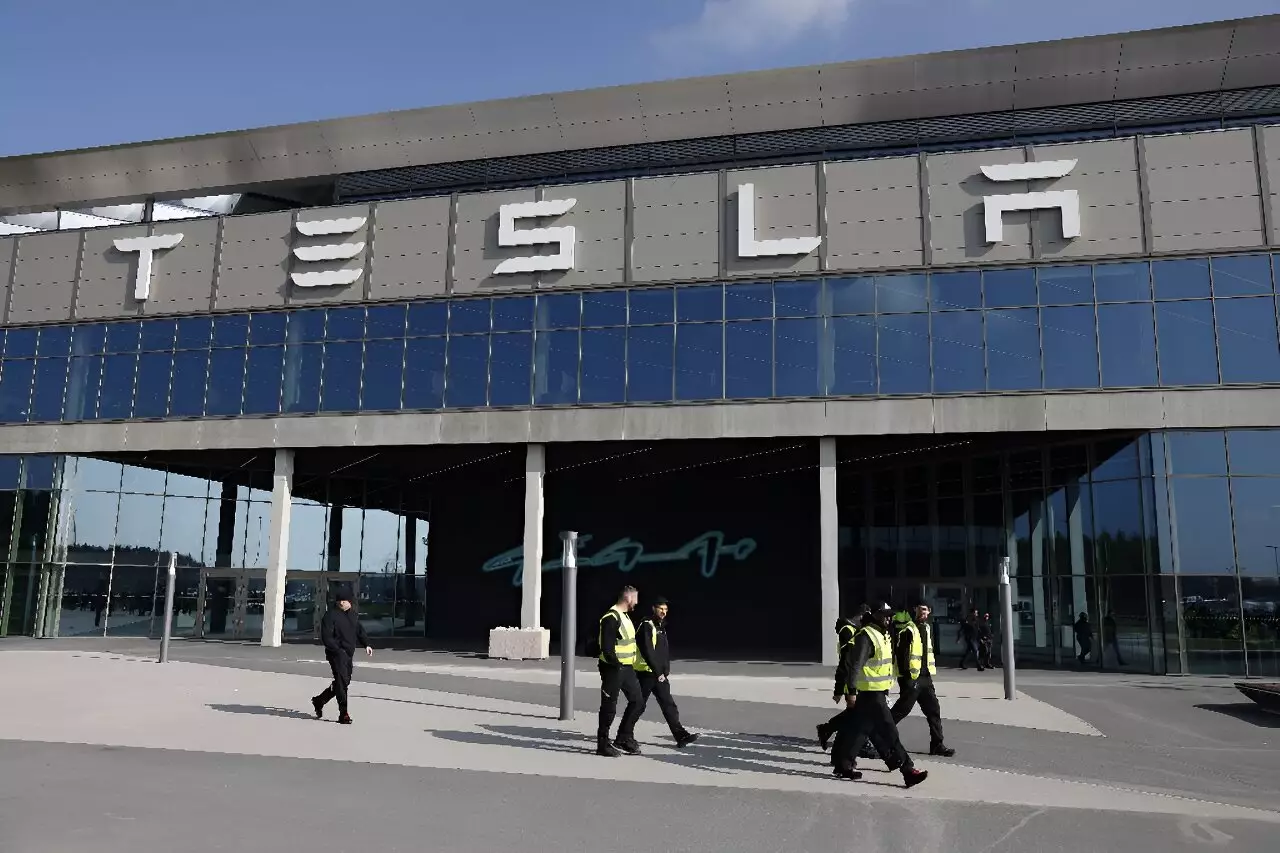Tesla, led by Elon Musk, reported a significant decrease in first-quarter auto sales, with a global delivery figure of 386,810, marking an 8.5 percent decline compared to the previous period. This decline is attributed to various factors, including a weak sales market in China and an apparent arson attack on power lines in Germany that impacted the output at Tesla’s European factory. The competition from local electric vehicle (EV) makers in China has posed a challenge for Tesla, leading to a drop in demand for its vehicles.
While Tesla faced a considerable sales decline, legacy automakers like Toyota and General Motors experienced contrasting outcomes. Toyota saw a surge in sales due to improved US inventories, while General Motors reported a slight dip in sales for the quarter. This performance disparity highlights the competitive landscape in the auto industry, where companies must navigate market trends, inventory issues, and pricing pressures to maintain their sales figures.
Industry analysts had anticipated a rise in overall sales for the first quarter, given the strong US labor market and improved supply chain conditions. However, Tesla’s unexpected decline raised concerns about the company’s demand outlook and market positioning. Analysts pointed to various factors, such as production challenges, plant shutdowns, and increased competition, as contributing to Tesla’s sales woes. Additionally, the rise of electric vehicles in global markets has prompted Tesla to adjust prices, impacting its profit margins.
Financial services firm Morningstar highlighted Tesla’s sales decline as a sign of slowing demand for its vehicles, suggesting that competitors, particularly in China, may have offered more competitive pricing to attract consumers. Analysts like Wedbush’s Dan Ives expressed concern about Tesla’s performance in the first quarter, emphasizing the need for strategic decisions to navigate the challenges ahead. The industry is closely monitoring Tesla’s response to these setbacks and its ability to maintain its position as a leading electric vehicle manufacturer.
The unexpected drop in Tesla’s first-quarter auto sales has raised questions about the company’s long-term prospects and competitive standing in the EV market. The rise of Chinese electric vehicle manufacturers and pricing pressures from global competitors pose significant challenges for Tesla’s growth trajectory. Analysts and industry experts are closely watching how Tesla will address these challenges and adapt its strategies to revive its sales performance and maintain its market share.
Tesla’s sharp decline in first-quarter auto sales underscores the competitive dynamics and challenges facing the electric vehicle industry. While legacy automakers like Toyota and General Motors have navigated market conditions to achieve sales growth, Tesla’s performance highlights the evolving landscape of the EV market. As Tesla continues to face competition, pricing pressures, and production challenges, its ability to innovate, adapt, and respond strategically will be crucial in shaping its future trajectory in the auto industry.


Leave a Reply